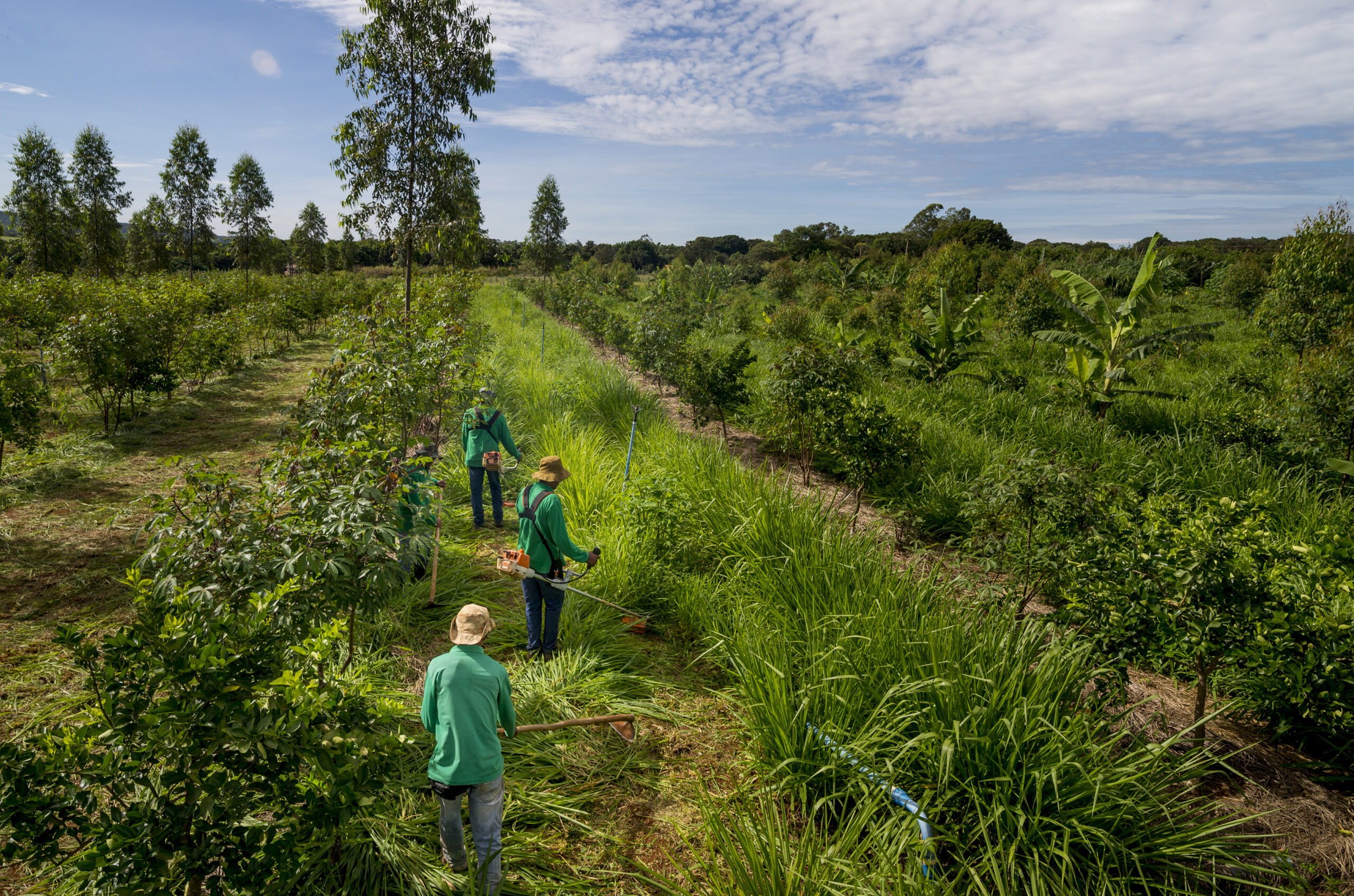Agricultural insurance in crisis leaves farmers unprotected; lack of resources in the Rural Insurance Program and climate risks put pressure on agriculture.
What is happening with agricultural insurance in Brazil? Who feels the impact the most? When did the problem intensify and why does it directly threaten farmers?
The answer appears right at the beginning of this crisis: amidst the advance of climate change, the increased scrutiny of financial institutions, and the limited budget for... Rural Insurance Premium Subsidy Program (PSR)Farmers, especially small-scale farmers, are increasingly exposed.
The situation is critical and puts rural income at risk precisely at a time when Brazilian agriculture is experiencing its greatest growth.
Farmers today face a paradox. They need crop insurance to maintain their production in the face of extreme events, but they have increasingly less ability to pay for it. Thus, state subsidies become indispensable to guarantee the continuity of work in agriculture.
"Agricultural insurance needs to adapt to the reality of the producer, with coverage that ensures income in the field. In years of tight margins, the farmer needs insurance more, but has less ability to pay for it. That is why subsidies are essential."Industry experts say."
Climate change increases risks for Brazilian agriculture.
Climate change is already severely impacting agriculture. Extreme events, such as prolonged droughts and intense rainfall, have become more frequent and cause significant losses.
On the other hand, banks and cooperatives have started demanding increasingly greater guarantees from farmers to release credit, which further reinforces the need for agricultural insurance.
However, the PSR — a mechanism that helps producers pay insurance premiums — is not keeping pace with the demand in the agricultural sector.
With limited public resources and the constant risk of cuts, the sector is experiencing uncertainties that directly affect production.
Production increased, but the insured area decreased.
Despite advances in agriculture, the rural insurance It did not keep pace with that rhythm. In 2015, Brazil had 78,1 million hectares under cultivation and 2,6 million hectares insured.
Even by 2025, with the expansion to 97 million hectares of productive land, only 2,2 million hectares will have insurance — equivalent to 2,3% of the total area, according to a study by CNseg using data from Mapa, IBGE, and the insurance market.
This imbalance reveals a structural weakness between productivity and protection, harming farmers at a time of intense modernization in agriculture.
PRS needs more resources to serve the farmer.
The Rural Insurance Premium Subsidy Program is the heart of the agricultural protection system in Brazil.
However, since 2020, the PSR has been operating with approximately R$1 billion annually—a value far below what is needed.
A Confederation of Agriculture and Livestock of Brazil (CNA) It is estimated that at least R$ 4 billion would be needed to meet national demand.
The lack of budgetary predictability directly affects small producers. Without support, many are unable to obtain crop insurance and end up leaving the countryside after severe losses.
International comparison highlights Brazil's lag.
While Brazil is still struggling to expand its agricultural insurance, the United States already covers about 90% of its corn, soybean, and wheat growing areas. In 2024, the country insured more than 200 million hectares, thanks to a stable subsidy model in which the government covers, on average, 60% of the premium value—a percentage higher than Brazil's, which does not reach 50%.
The contrast reveals the urgent need for reforms so that Brazilian farmers have the same security as producers in other countries.
The rural insurance market is shrinking, raising alarms in the agricultural sector.
Data from CNseg shows that, up to August of this year, rural insurance registered a 6,7% drop in revenue, totaling R$ 8,7 billion, and a 7,4% decrease in indemnities, which totaled R$ 3,1 billion.
The downturn reinforces the idea that the current model is insufficient to face the new challenges in agriculture.
Therefore, organizations are demanding that PSR resources be protected in the budget and that Congress move forward with the creation of a private rural insurance fund, a proposal previously championed by the late former minister Alysson Paolinelli.
New rural insurance model is a government priority.
The Minister of Agriculture, Carlos Fávaro, has already acknowledged that Brazil needs a new model for rural insurance and has been analyzing international benchmarks to modernize the system.
Without this reform, farmers will continue to enter a vicious cycle: without adequate insurance, they go bankrupt; and, as a consequence, the government creates emergency renegotiation programs, which end up being more expensive for the country.
After all, as experts have already warned: "Agricultural insurance needs to adapt to the reality of the producer... Otherwise, the government needs to create emergency debt renegotiation programs, which ultimately ends up being more expensive."
Source - https://en.clickpetroleoegas.com.br













